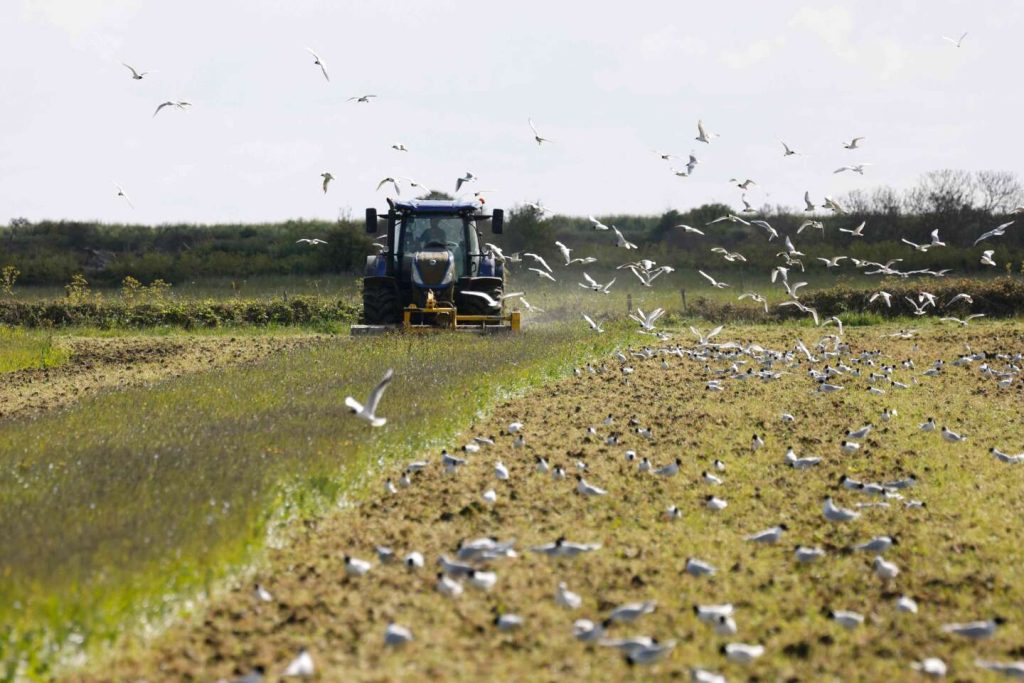The government faced a setback in the night of Friday, May 3rd to Saturday, May 4th in a parliamentary commission regarding its plan to create “agricultural land investment groups” (GFAIs). Amendments to remove this article from the agricultural bill were adopted by 24 votes against 16. However, it could be reintroduced during the examination of the text in the parliamentary chamber. The measure is meant to remove obstacles to the installation of new farmers by allowing groups to raise money from public or private investors to purchase land and lease it to new farmers, relieving them from the burden of financing the purchase.
The executive argues that in the next five to ten years, a significant amount of agricultural land will become available and change ownership. Agriculture Minister, Marc Fesneau, justified the need for GFAIs as more lands are moving out of family circles and new entrants face difficulties in financing land purchases. However, concerns were raised by a coalition of opposition and some Macronist MPs, leading to the proposal of a rewrite of the article with more safeguards by the text rapporteur Eric Girardin. Despite these revisions, a majority of MPs opted for the complete removal of the article, fearing an increase in agricultural land prices and undermining family farming in favor of capitalist agriculture.
Critics of the GFAIs expressed concerns about making farmers lifelong tenants of the land they no longer own and the potential for land speculation. The opposition highlighted the importance of regulating land use and protecting family farming against corporate interests. The government defended its position, stating that there was no intention to deregulate land, emphasizing that land prices were already on the rise. A new revision of the article may be proposed during its passage in the parliamentary chamber starting from May 14th.
Other aspects of the agricultural bill examination went smoothly for the government, with the creation of a new national diploma at level Bac +3 for training in agriculture and agri-food jobs. The diploma would be jointly offered by public higher education institutions and public or private agricultural technical education institutions. Additionally, the MPs approved articles to clarify the missions of public technical agricultural education to include modules on agroecological transition and organic agriculture, as well as providing guidelines for agricultural public policies with a target of at least 400,000 farms in France by 2035.
Some MPs criticized the lack of fiscal measures in the bill, with the government deferring the issue to budget debates in the fall. Amendments were made to include an objective for the government to reform tax policies on the transmission of agricultural assets and land in the text. The creation of a “France services agriculture” network, a departmental one-stop-shop to guide farmers wishing to settle or end their activity, was also approved. These measures aimed to provide support for farmers in navigating the complexities of transitioning and conducting agricultural activities in France.


